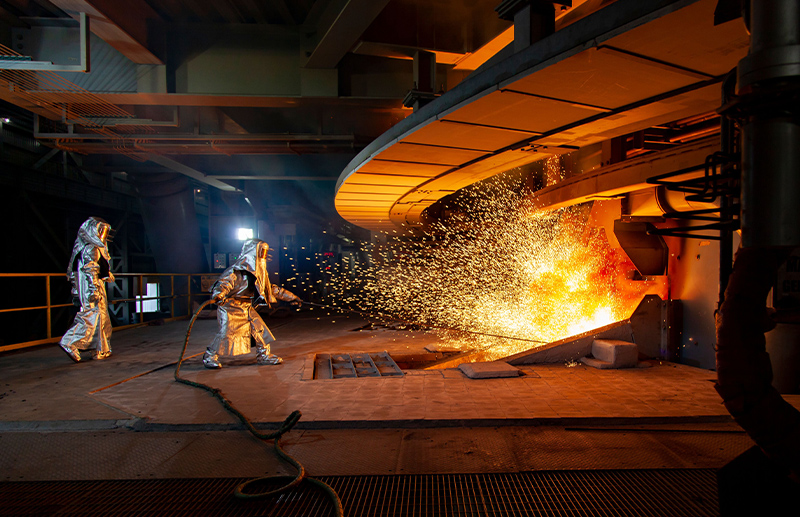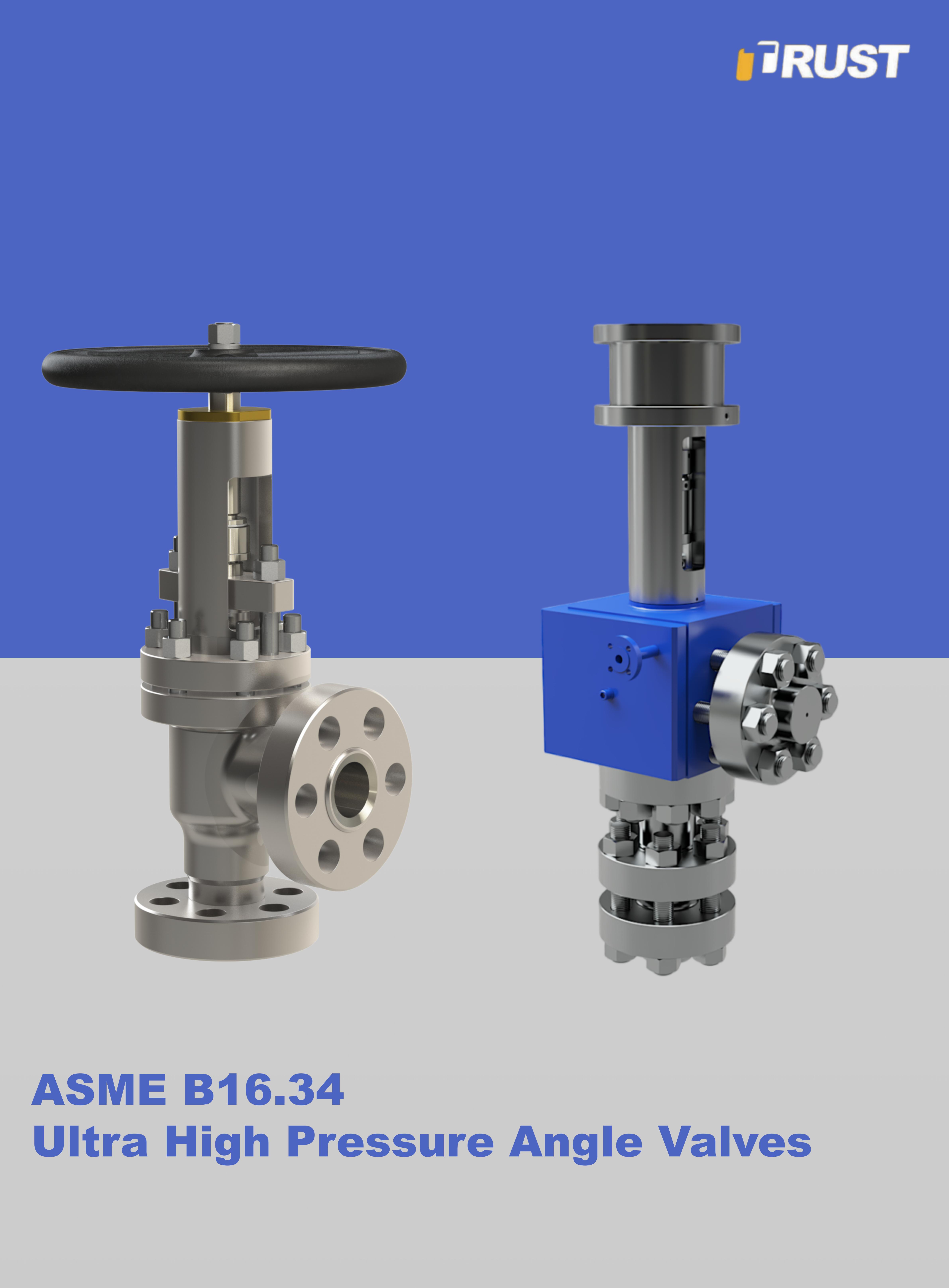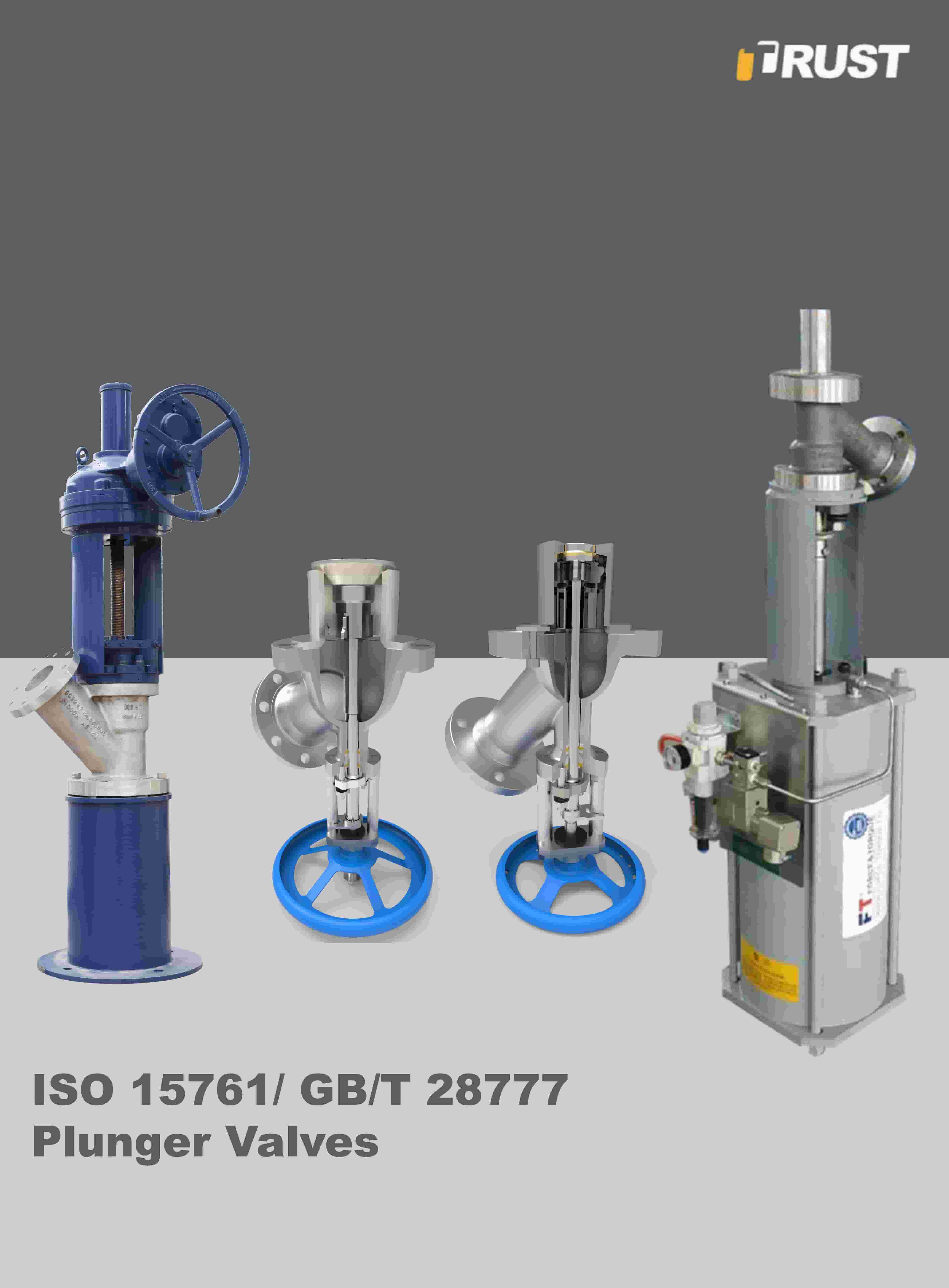The metallurgy industry is a cornerstone of modern manufacturing, focusing on the extraction, processing, and production of metals. It plays a vital role in various sectors, including construction, automotive, aerospace, and machinery. The industry can be broadly categorized into the following segments:
1. Primary Metal Production:
- Iron and Steel: The largest segment, involving the extraction of iron ore and its conversion into steel through processes like blast furnace and electric arc furnace operations.
- Non-Ferrous Metals: Includes the production of metals like aluminum, copper, zinc, and others. Aluminum production, for instance, involves smelting alumina (extracted from bauxite) using the Hall-Héroult process.
2. Secondary Metal Production:
- Recycling: Involves the processing of scrap metal to produce new metal products. This segment is crucial for sustainability and reducing the environmental impact of metal production.
3. Metal Processing:
- Casting: Involves pouring molten metal into molds to create specific shapes. This process is widely used in the automotive and machinery industries.
- Forging and Rolling: Used to shape metals through compression and rolling processes, enhancing their mechanical properties.

Specialty Valve Applications In The Metallurgy Industry
Specialty valves are essential in the metallurgy industry due to the harsh operating conditions, including high temperatures, corrosive environments, and the need for precise control. These valves ensure safe and efficient operations in various applications:
1. High-Temperature Valves:
- Applications: Used in blast furnaces, steelmaking, and heat treatment processes where temperatures can exceed 1000°C.
- Materials: Typically made from high-grade stainless steel or exotic alloys to withstand extreme temperatures.
2. Corrosion-Resistant Valves:
- Applications: Essential in processes involving corrosive chemicals, such as pickling lines in steel production.
- Materials: Often constructed from materials like Hastelloy or titanium to resist chemical attack.
3. High-Pressure Valves:
- Applications: Used in hydraulic systems, pressurized water reactors, and other high-pressure applications.
- Features: Designed to handle pressures up to 2500 psi or higher, ensuring reliable operation.
4. Control Valves:
- Applications: Used for precise flow control in processes like metal casting, rolling mills, and cooling systems.
- Types: Include globe valves, butterfly valves, and ball valves, each offering different advantages for flow control.
Trust Valve's Solution For The Metallurgy Industry
- 1. Slurry handling valves
- 2. Oxygen valves
- 3. Cryogenic Air separation valves
 English
English русский
русский Français
Français 中文简体
中文简体 Português
Português Español
Español italiano
italiano عربى
عربى فارسی
فارسی

cryogenicvalves.jpg)


 No.100 Xiejin Avenue, Funing County Economic Development Zone, Yancheng City, Jiangsu Province
No.100 Xiejin Avenue, Funing County Economic Development Zone, Yancheng City, Jiangsu Province  +86-515-87398111
+86-515-87398111  office@trustvalve.com
office@trustvalve.com 